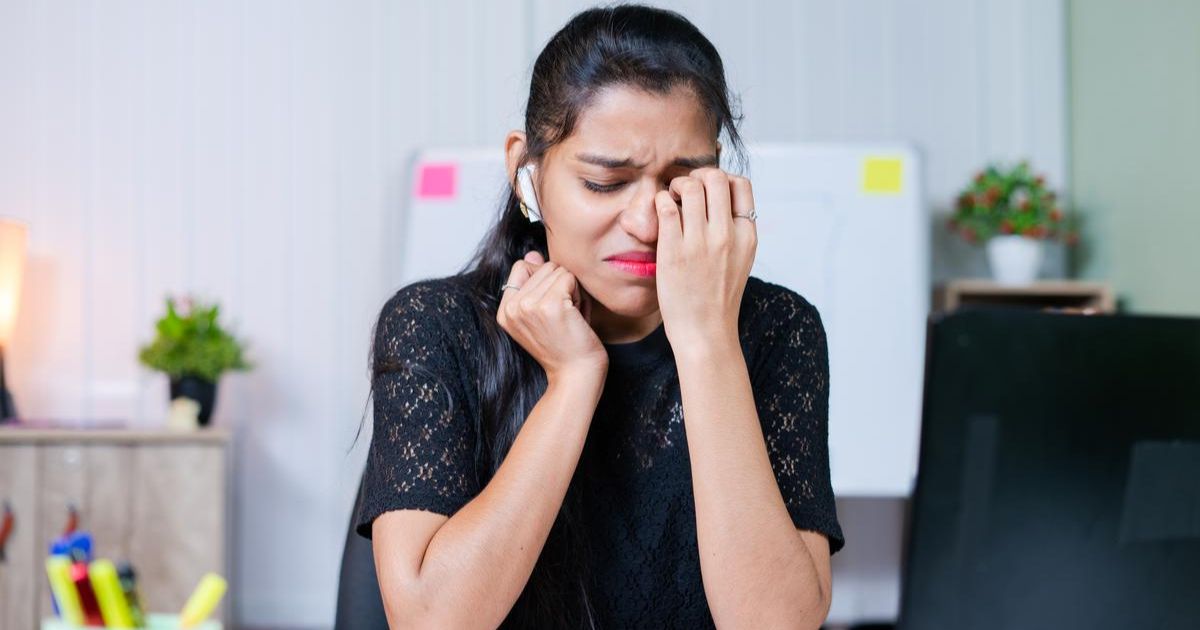In recent years, there has been a significant rise in mental health challenges in India, with many individuals grappling with issues such as anxiety, depression, and stress. This alarming trend is further compounded by the country’s inadequate mental health infrastructure and limited budgets allocated for mental health services.
The prevalence of mental health issues in India has been on the rise, affecting individuals of all age groups.
Factors such as increased work-related stress, changing lifestyles, and social pressures have contributed to the growing burden of mental health challenges.
According to a survey conducted by the National Institute of Mental Health and Neurosciences (NIMHANS) in 2019, one in seven Indians suffered from mental health disorders of varying degrees.
Inadequate Infrastructure Is One Of The Main Mental Health Challenges In India
One of the major hurdles in addressing these mental health issues is the lack of adequate infrastructure. India faces a shortage of mental health professionals, including psychiatrists, psychologists, and counselors.
The ratio of mental health professionals to the population is abysmally low, making it difficult for individuals to access timely and appropriate care. Rural areas, in particular, suffer from a severe shortage of mental health services.
Public mental health institutions are often overcrowded and under-resourced, leading to suboptimal patient care. This situation has been exacerbated by the COVID-19 pandemic, which has increased the demand for mental health services.
Another significant challenge is the limited funding allocated to mental health services. India spends a mere fraction of its overall healthcare budget on mental health, lagging behind many developed countries.
The budget constraints limit the expansion of mental health programs, the establishment of new facilities, and the recruitment of additional professionals.
The consequences of underfunding are far-reaching. It restricts the development of community-based mental health programs, early intervention strategies, and awareness campaigns.
Without adequate funding, it becomes increasingly difficult to address the root causes of mental health issues and provide comprehensive care.
In addition to the infrastructural and budgetary challenges, stigma remains a significant barrier to mental health care in India.
Many individuals still hesitate to seek help due to fear of discrimination or social ostracization. This stigma further isolates those in need of support and prevents them from accessing the necessary services.
Despite these challenges, there are ongoing efforts to improve the mental health landscape in India. The government has recognized the need to address mental health issues and has initiated various programs to expand services.
The Mental Healthcare Act, 2017, which decriminalized suicide and emphasized the rights of individuals with mental illnesses, was a significant step forward.
Non-governmental organizations (NGOs) and mental health advocacy groups are also working tirelessly to raise awareness, reduce stigma, and provide support to individuals in need.
Telemedicine and online counseling services have emerged as a lifeline, especially during the pandemic, offering remote access to mental health professionals.
India’s growing mental health challenges are a cause for concern, and the inadequacy of infrastructure and limited funding exacerbate the situation.
As the country continues to grapple with the rise in mental health issues, addressing these challenges becomes imperative.
It requires a multi-pronged approach involving increased funding, enhanced infrastructure, public awareness campaigns, and destigmatization efforts to ensure that mental health is no longer a neglected aspect of healthcare.
Only through concerted efforts can India hope to provide better mental health support to its citizens and alleviate the suffering caused by these pressing challenges.

























